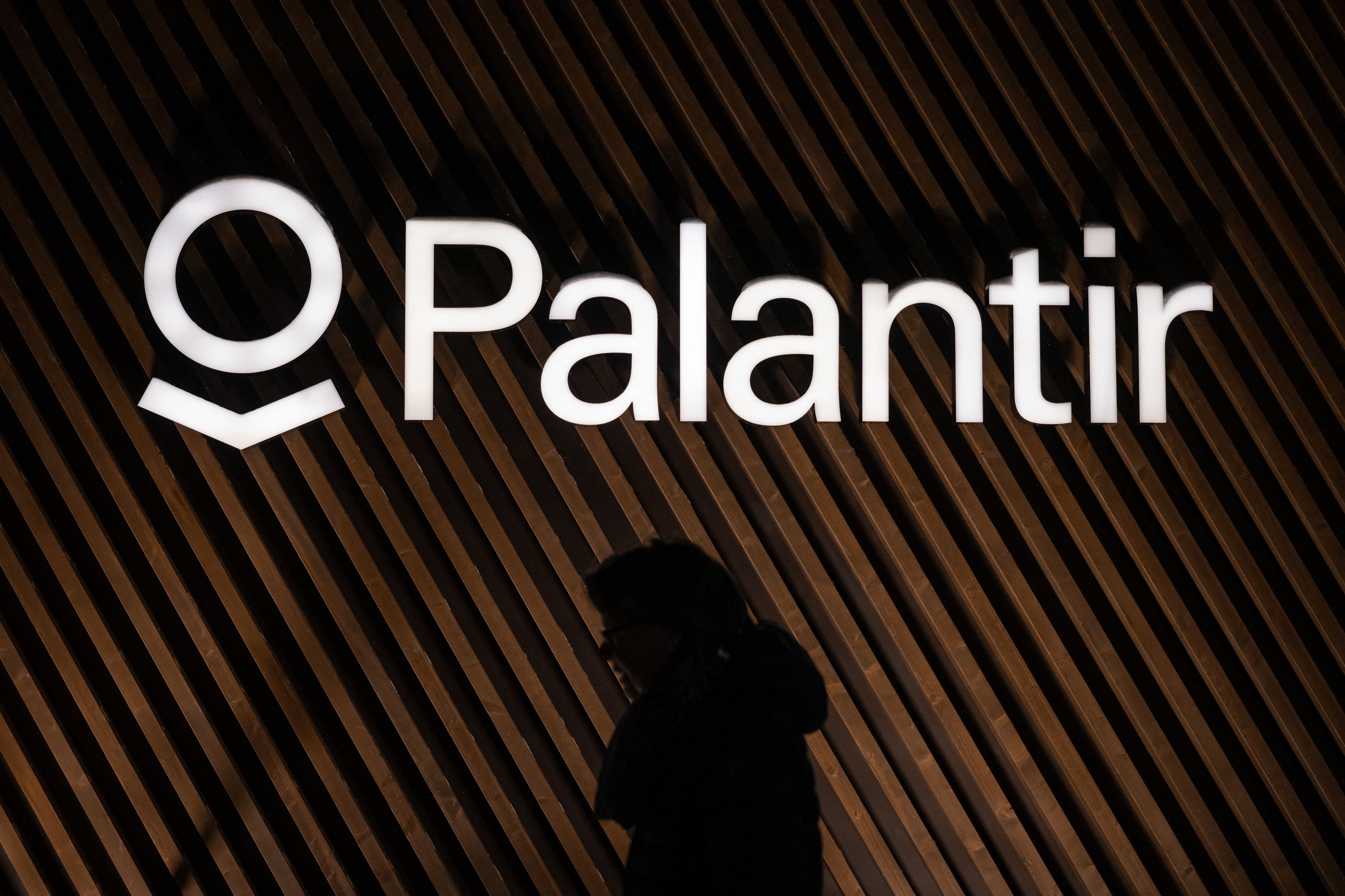Palantir Technologies (PLTR 0.80%) has been one of the market's hottest growth stocks over the past several years. The data mining and analytics company went public five years ago via a direct listing, and its stock surged from its initial trading price of $10 to nearly $180 today.
Palantir's annual revenue surged from $1.1 billion in 2020 to $2.9 billion in 2024. It also turned profitable in 2023 and more than doubled its net income in 2024. That breakneck growth was driven by an uptick in government contracts and the rapid expansion of its commercial business.

Image source: Getty Images.
Prior to going public, Palantir's government-facing Gotham platform was already used by most U.S. government agencies to aggregate data from disparate sources. But after its public debut, it rapidly expanded its Foundry commercial business with similar tools for enterprise customers. From 2024 to 2027, analysts expect its revenue and earnings per share (EPS) to grow at a CAGR of 38% and 63%, respectively.
That explosive growth should be driven by geopolitical tailwinds for Gotham and the growing usage of Foundry in a more favorable macro environment. More of its clients are also building their own custom AI applications within those platforms.

NASDAQ: PLTR
Key Data Points
Palantir's future looks bright, but it trades at over 300 times next year's earnings. With a market cap of $423 billion, it's also richly valued at 75 times next year's sales. So even if it matches analysts' expectations but trades at a lower (but still expensive) 30 times forward sales by next October, its market cap would shrink nearly 50% to $227 billion.
Even though Palantir is firing on all cylinders, investors should be wary of its meme stock valuations to avoid buying the right company at the wrong price. So instead of chasing Palantir at these levels, investors should focus on a less-popular stock with a shot at eclipsing its market cap within the next year: Alibaba (BABA +0.61%).

NYSE: BABA
Key Data Points
What happened to Alibaba?
Alibaba is China's largest e-commerce and cloud infrastructure company, but it still trades nearly 50% below its all-time high from nearly five years ago. Three headwinds drove its stock lower. First, China's antitrust regulators hit its e-commerce business with a record fine in 2021 and barred it from locking in merchants with exclusive deals, using aggressive loss-leading promotions, and expanding its retail business with unapproved acquisitions. Those restrictions eroded its defenses against its smaller competitors.
Second, China's draconian "zero-COVID" lockdowns stunted its post-pandemic recovery. Those headwinds curbed consumer spending and drove many companies to rein in their spending on its cloud infrastructure services. Lastly, the ongoing tech and trade wars between the U.S. and China drove away the bulls and compressed its valuations.
Why could Alibaba outperform Palantir?
Alibaba isn't growing as rapidly as it did before it hit those speed bumps, but its business is stabilizing. To offset the slowing growth of its Taobao and Tmall marketplaces in China, it's expanding its higher-growth overseas marketplaces -- which include Lazada in Southeast Asia, Daraz in South Asia, Trendyol in Turkey, and AliExpress for its cross-border sales. It's also opened up its Cainiao logistics platform to more third-party customers.
As for its cloud infrastructure platform, its rollout of Qwen -- its own family of large language models (LLMs) for new generative AI applications -- is locking in more customers. The broader AI boom is also driving more companies to ramp up their spending on its cloud services. Meanwhile, China's macro environment has gradually stabilized.
From fiscal 2025 (which ended this March) to fiscal 2028, analysts expect Alibaba's revenue and EPS to increase at a CAGR of 8% and 12%, respectively. It's growing much more slowly than Palantir, but it trades at just 19 times next year's earnings. With a market cap of 2.63 trillion yuan ($370 billion), it's only valued at 2.3 times next year's sales. So if the trade tensions between the U.S. and China ease, it could command a much higher valuation.
Assuming Alibaba matches analysts' expectations and trades at a more generous (but still reasonable) four times its forward sales next October, its market cap could nearly double to 5.06 trillion yuan ($710 billion). That could make it much more valuable than Palantir -- which might struggle to maintain its AI-driven meme stock valuations over the next 12 months. So while Alibaba might not be as exciting as Palantir, it's certainly a more reliable play in this choppy market.





